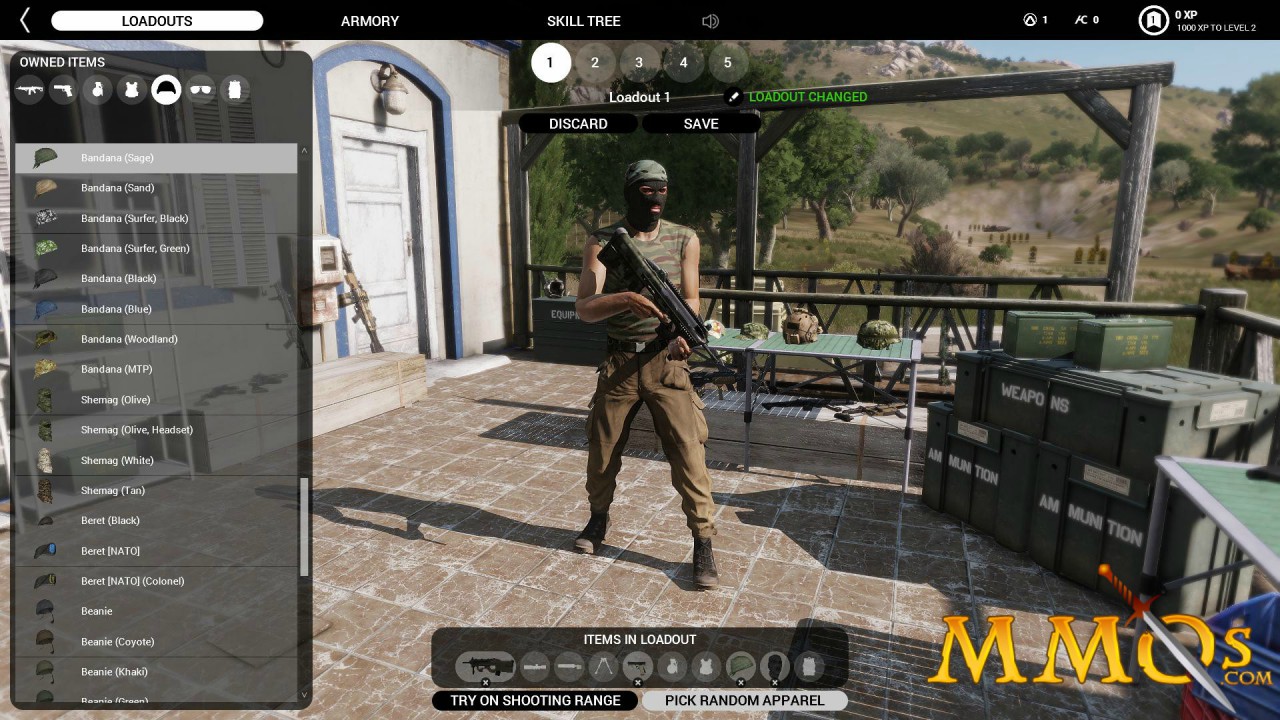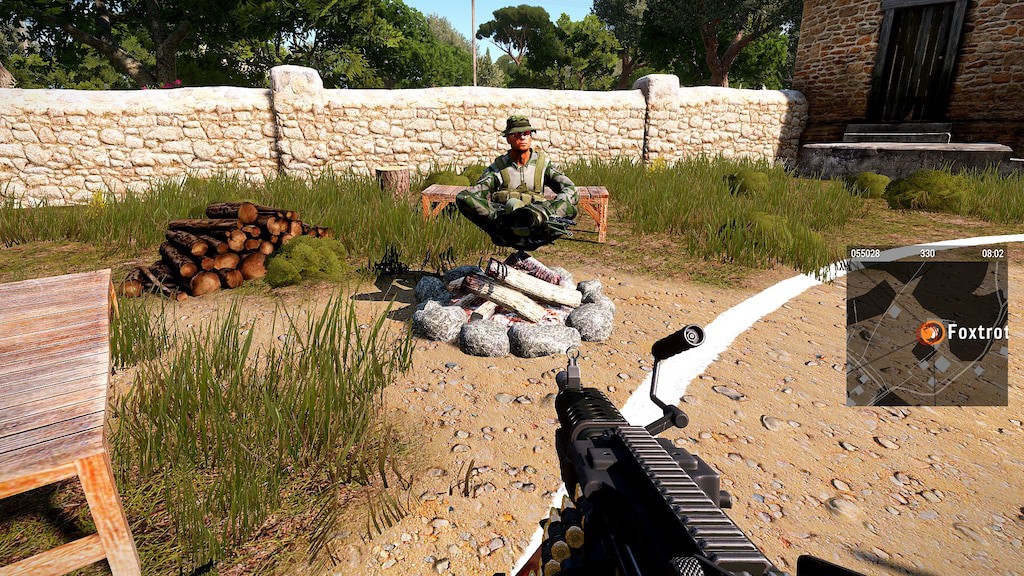Forging Warriors – The Rise of the Competitive Scene and Community Culture
Since its release, Argo has cultivated a dedicated player base centered around tactical mastery, team synergy, and strategic brilliance. Though not as mainstream as blockbuster titles like Call of Duty or Battlefield, Argo has emerged as a hidden gem within the competitive shooter landscape, supported by a passionate community that values depth over spectacle. The game’s competitive scene was shaped early on by players who migrated from Bohemia’s more simulation-heavy titles, bringing with them a love for strategic gameplay and a desire for structured team-based experiences. This foundation gave rise to player-run leagues, organized tournaments, and persistent clans that established a semi-professional culture within the game. Teams began forming based on tight-knit communication, specialized roles, and a commitment to training routines that mirrored esports methodologies. Unlike more casual shooters where skill often equates to mechanical reflexes alone, Argo’s competitive edge lies in preparation, execution, and improvisation under pressure. Teams that succeed in Argo's upper tiers often practice set-piece tactics, such as synchronized breaches or coordinated multi-angle attacks, akin to real-world special forces doctrine.

Community-driven tournaments became the primary battlegrounds for these elite teams. Though Bohemia Interactive did not push Argo with the full esports marketing machine, grassroots organizers stepped in to fill the gap. Match formats typically adopted best-of-three structures, with teams rotating through the game's primary modes—Clash, Link, and Raid—to test strategic adaptability. These tournaments brought forward a new class of Argo players who weren’t necessarily top-tier sharpshooters but masters of game theory, map control, and psychology. The spectator aspect, though limited due to Argo’s minimalistic UI, was bolstered by community streamers who narrated matches, dissected strategies, and highlighted moments of tactical brilliance. As the competitive meta evolved, so did the strategies—players began exploiting sightlines previously overlooked, learning precise grenade trajectories, and even incorporating psychological warfare through intentional feints or mock retreats. This growth led to an informal hierarchy of elite teams, each known for distinctive playstyles: some aggressive and overwhelming, others defensive and surgical. The competitive community fostered an environment of constant learning and adaptation, where veterans mentored rookies, strategy guides were shared, and rivalries forged legends within the relatively underground world of Argo tournaments.

 100
Play
100
Play
Beyond structured play, the Argo community has also played a pivotal role in shaping the game’s ongoing life cycle. Despite a lack of frequent official updates, community developers, modders, and content creators sustained the ecosystem by producing guides, maps, and balancing suggestions. Forums and Discord servers became war rooms where players dissected new tactics, debated loadout meta, and exchanged feedback on in-game mechanics. Argo’s lean design encouraged this collaborative spirit; its minimalistic framework provided a sandbox that advanced players filled with creative depth. The community's influence even extended to Bohemia Interactive, with developers occasionally implementing balance patches and feature updates based on popular demand or competitive trends. This symbiosis between players and creators helped keep Argo relevant even as other games rose and fell. Looking to the future, Argo stands as a template for what niche tactical shooters can achieve through passionate community support. It’s a testament to how strategic complexity, when paired with player agency and communal effort, can cultivate a thriving competitive culture. As the tactical FPS genre continues to grow, Argo remains a foundational pillar—a quiet titan that proves even under-the-radar games can inspire intense competition, lifelong camaraderie, and innovation at every level of play.


